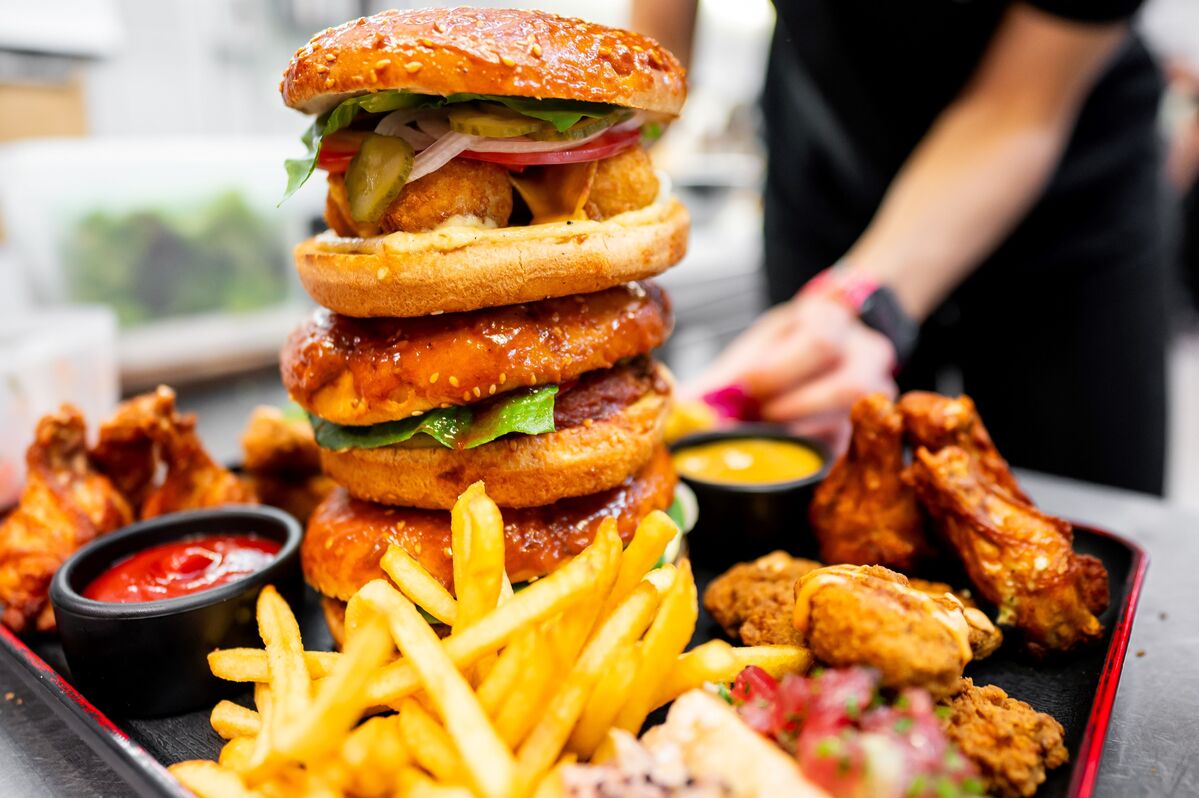Smaller serving sizes could solve obesity crisis, say scientists
Regulations for smaller food servings in restaurants and takeaways could solve the UK's growing obesity crisis, according to senior nutritionists.
A study by scientists at Cambridge University said that major changes to the way food is served and sold in Britain in order to encourage smaller portion sizes is necessary to combat the public health issue.
Measures to prevent overeating that were suggested by the scientists include smaller plates, cups, glasses and cutler, as well as reduced packaging sizes and an end to price reductions on larger food and drinks products, reported the Independent.
Typical food portions should revert to those commonly seen in the 1950s, before the era of ‘supersizing', they said.
However voluntary controls or guidelines in the food industry were dismissed as unlikely to work because the businesses that act first are likely to be at a competitive disadvantage, which means that regulation would be needed, the scientists said.
"We think that the food industry may find it difficult to act without regulation given ‘first mover disadvantage'," said Theresa Marteau, professor of behaviour and health at Cambridge University, who led the study.
"The 1950s were healthier in part due to smaller food portions, packages and tableware prevalent at the time.
"We now have compelling evidence that people consistently eat and drink more, often without awareness, when offered larger sizes, portions or packages or using larger items of tableware."
The study, published in the British Medical Journal, said that efforts to make portion sizes smaller could reduce the average adult's daily energy intake through food by between 12% and 16% in Britain.
Â
âThe public is also more accepting of government intervention when they are given information about their effectiveness, and when they see the environment, and not lack of willpower, is a key driver of over consumption.â
Â














